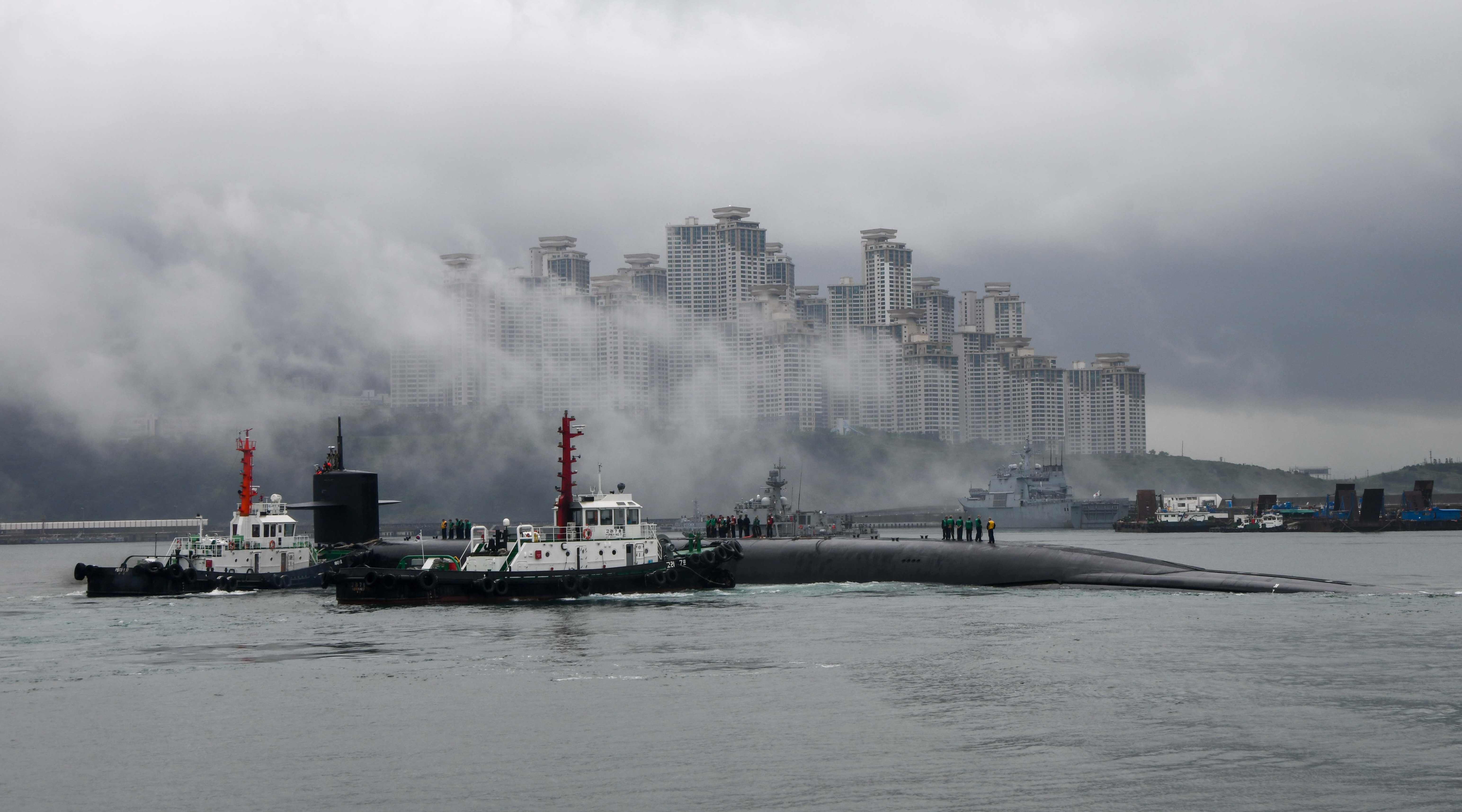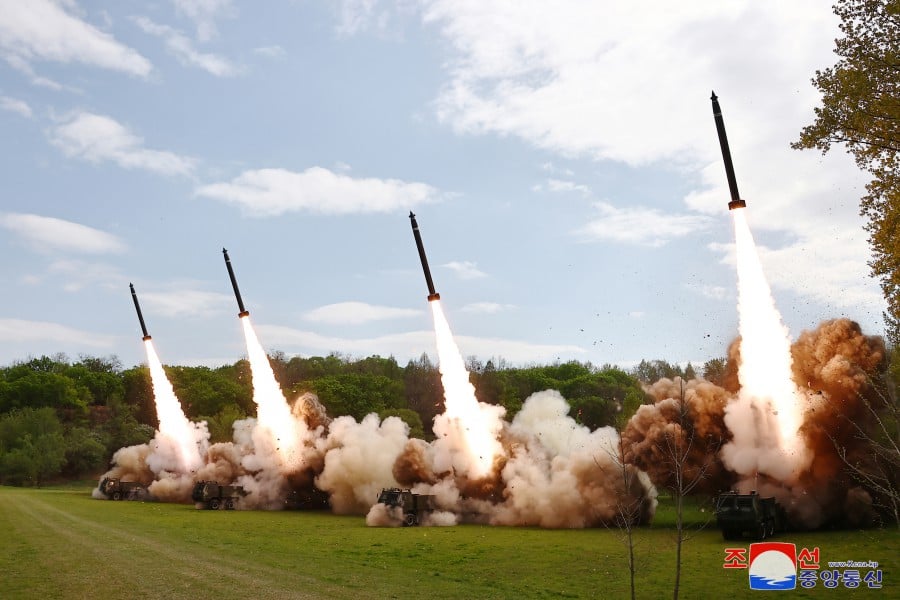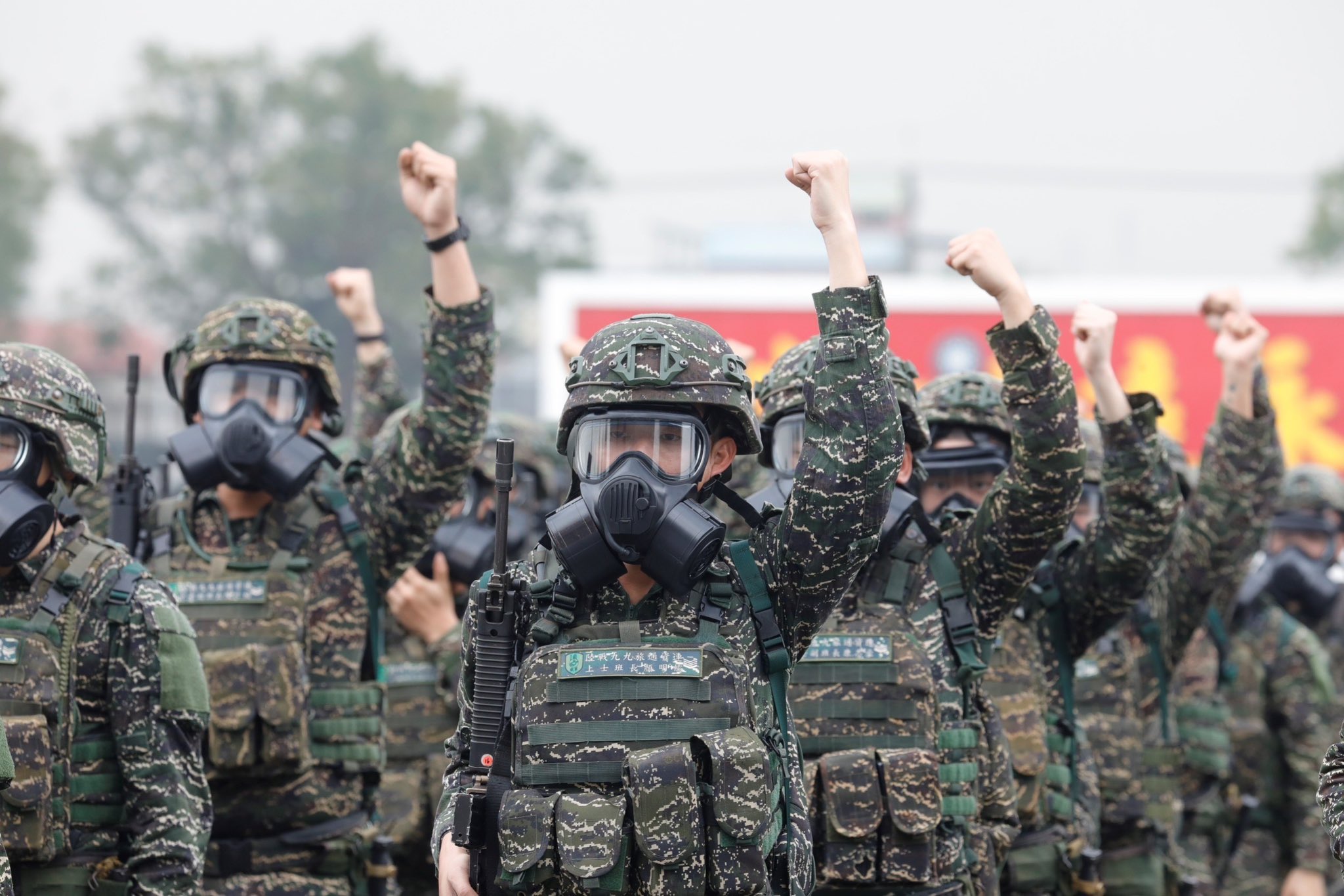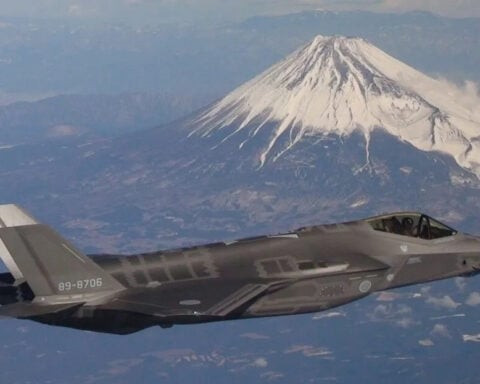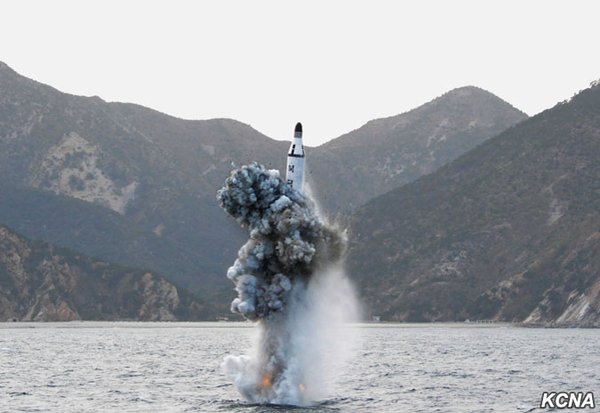
The emphasis shouldn’t be on how much Seoul is paying in its own defense but how to deal with North Korea’s expanding missile and nuclear weapons programs, former senior diplomats from the U.S. and South Korea said on Monday.
Speaking at the Center for Strategic and International Studies, Han Sung-joo, a former Korean minister of foreign affairs, said, “It is quite possible we would end up with governments with very different views” on those issues and future relations with China when Donald Trump takes the oath of office and Park Geun-hye either resigns by next spring or is impeached later this week.
“The threat is growing” from North Korea and “the means to deal with it are limited,” Han, who also served as Korea’s ambassador to the United States warned.
Complicating matters in Seoul right now, current President Park has offered to resign faced with an impeachment vote. Under a plan offered by her party, the resignation would take effect in April. More than 170 members of the 300-seat National Assembly belong to the opposition or independent parties.
Unlike the past when the North Korea threat was pushed aside to deal with Iran’s missile and nuclear weapons program, time is running out to end Pyongyang’s testing programs, the diplomats said.
Christopher Hill, a former U.S. assistant secretary of state for East Asian affairs, said, the key fact is that this is a military testing program of land- and sea-based missiles and miniaturizing nuclear weapons.
Their “one purpose is putting deliverable nuclear weapons … on top of a missile,” so testing will continue until it succeeds in meeting that goal.
But the dilemma for the United States and Korea in confronting Kim Jong-un, now entering his fifth year as ruler of North Korea, is “when there are no good options … you come up with slogans,” such as “strategic patience.”
The question remains for the two countries, as well as China, “is there a way to stop that” continued development without becoming bogged down on issues such as burden-sharing or possibly stepping aside to let Seoul and Tokyo develop their own nuclear weapons.
Candidate Trump in a meeting with The Washington Post and at a town hall, conducted by CNN called for South Korea to spend more on their own defense including having a nuclear weapons program.
Hill said Washington and Seoul must remain focused on working together and with Beijing on dealing with North Korea, keeping tough sanctions in place that China has been willing to support and protecting the Republic of Korea by having “a very robust defense posture” especially in missile defense.
While President Park’s government has said it would accept the deployment of the Terminal High Altitude Air Defense system on the peninsula, the country’s opposition parties oppose the move. Whether the deployment would proceed is now in question. China too has opposed the move as being provocative.
Han said President Trump “might want to try some type of negotiations with China and North Korea” over the continued testing programs.
Neither Hill nor Han expected the United States to work solely with China over Pyongyang’s nuclear programs in some type of “grand bargain.” “The minute it is seen as going over Korea’s head, it will not last,” Hill said.
Japan and Korea “have a pretty good story to tell” when it comes to burden sharing, Hill, who also served as an ambassador to Seoul. said. The current agreement between Washington and Seoul on “Special Measures,” including sharing defense costs, is due to end next year.
Han said, “The Republic of Korea is assuming more of a share than other allies” in covering the costs of U.S. protection. At the same time, “Korea is spending 2.6 percent of GDP [gross domestic product] on defense.” The threshold set in NATO is for member countries to spend 2 percent of their GDP on defense.
“An alliance is a lot more than cost and money,” he said.


